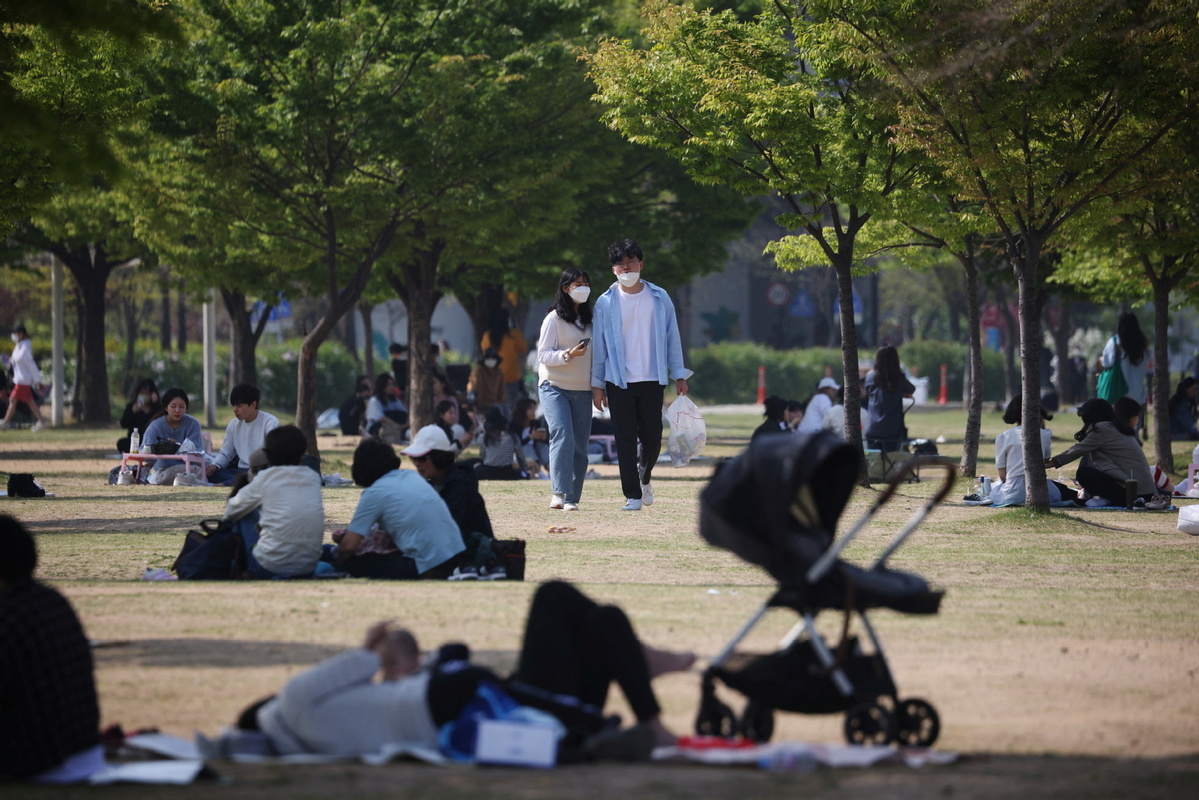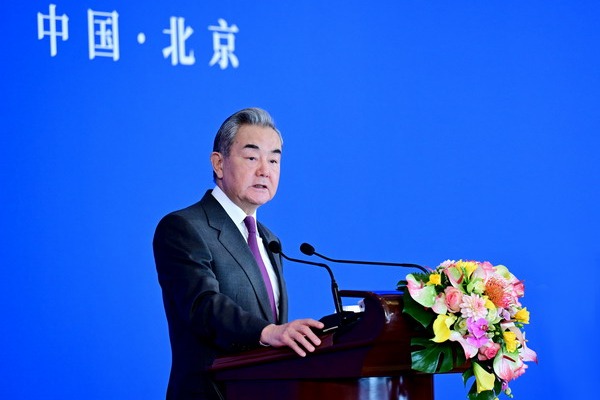Concerns mount over South Korea's lifting of anti-COVID-19 measures


SEOUL - Concerns mounted here over South Korea's decision to lift all anti-COVID-19 measures as the "non-scientific" decision can give wrong signals that the pandemic is over.
A week earlier, the South Korean government lifted all social-distancing guidelines, including a business curfew and a cap on private gatherings, except for mask mandate.
From Monday, people are allowed to have food indoors in the multi-use facilities such as religious and sports venues, movie theaters, concert halls, private cram schools and shops.
"The (South) Korean government's such measures are not appropriate as it only took into account easing economic damages. Health damages are still running high given the daily caseload of around 100,000 and the daily number of deaths between 100 and 200," Dr. Choi Jae-wook, a professor of preventive medicine at Korea University College of Medicine, told Xinhua.
The country reported 34,370 more COVID-19 cases as of midnight Sunday compared to 24 hours ago, data from the Korea Disease Control and Prevention Agency (KDCA) showed Monday.
The figure was down from 64,725 in the previous day due to fewer virus tests over the weekend and also lower than 47,730 tallied a week earlier.
A total of 110 more deaths were confirmed, leaving the death toll at 22,243. The total fatality rate was 0.13 percent.
The health authorities estimated that the resurgence, driven by the spread of the Omicron variant and its subvariant BA.2, may have peaked in the middle of March.
Although the Omicron-driven peak may seem to have eased, experts said the lifting of all anti-virus rules can mislead people to think that the pandemic have come to a complete end.
"The non-scientific, political decision can lead people to misconceive that they will no longer need to follow social-distancing rules or wear mask. People can also be mistaken about the still serious situations and think that there is no problem," said Choi.
Choi expressed worry about the non-scientific decision that may drive people to lose trust in the health authorities and refrain from cooperating with the potential anti-virus measures.
Son Young-rae, an official with the Ministry of Health and Welfare, told a press briefing last Monday that the lifting of the social-distancing guidelines does not represent an end to the pandemic, asking people to look after personal hygiene well.
The government adjusted the four-tier infectious disease level of COVID-19 from the highest Class 1 to Class 2.
It will be implemented in phases over a four-week period to allow patients to be treated at local clinics and hospitals without quarantine from as early as May 23.
The implementation plan is changeable as the new administration of South Korean President-elect Yoon Suk-yeol is set to be inaugurated on May 10.
Calling the plan "a considerably hasty approach", Yoon's presidential transition team said last week that the incoming government will decide on the removal of mandatory quarantine after going through a sufficient review.

































